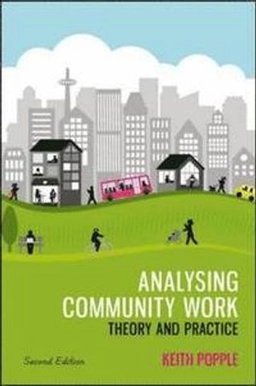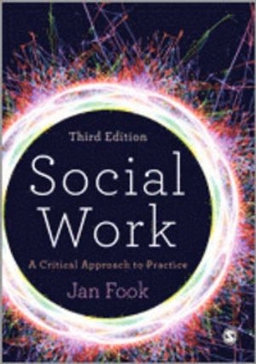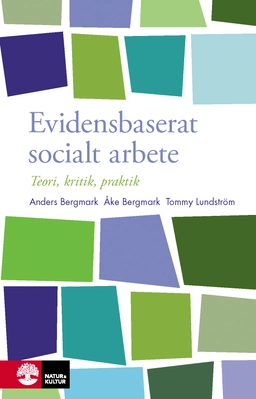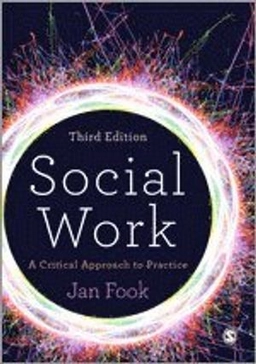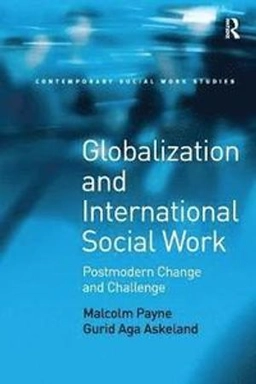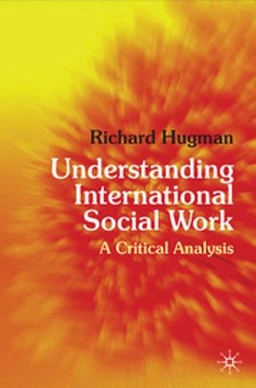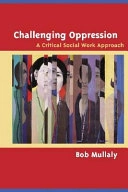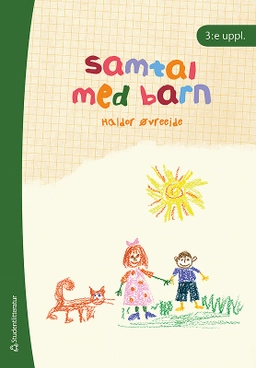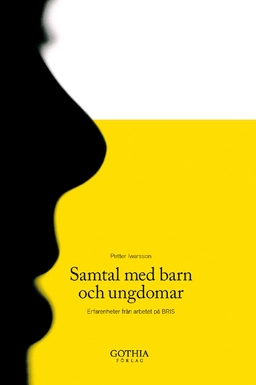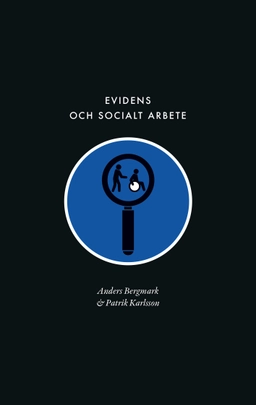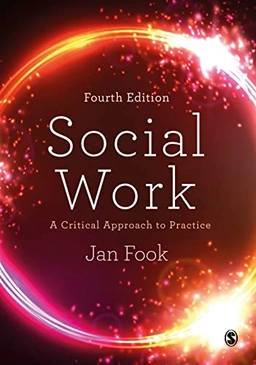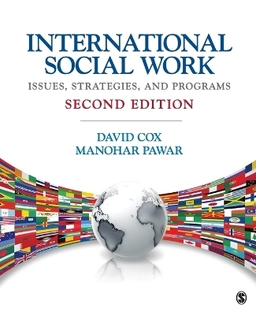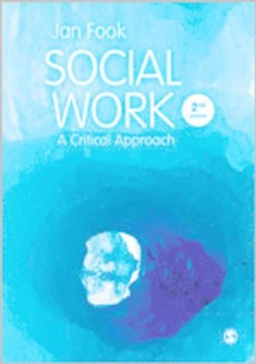Breaking with the exoticizing cast of public discourse and conventional research, Urban Outcasts takes the reader inside the black ghetto of Chicago and the deindustrializing banlieue of Paris to discover that urban marginality is not everywhere the same. Drawing on a wealth of original field, survey and historical data, Loïc Wacquant shows that the involution of America's urban core after the 1960s is due not to the emergence of an 'underclass', but to the joint withdrawal of market and state fostered by public policies of racial separation and urban abandonment. In European cities, by contrast, the spread of districts of 'exclusion' does not herald the formation of ghettos. It stems from the decomposition of working-class territories under the press of mass unemployment, the casualization of work and the ethnic mixing of populations hitherto segregated, spawning urban formations akin to 'anti-ghettos'. Comparing the US 'Black Belt' with the French 'Red Belt' demonstrates that state structures and policies play a decisive role in the articulation of class, race and place on both sides of the Atlantic. It also reveals the crystallization of a new regime of marginality fuelled by the fragmentation of wage labour, the retrenchment of the social state and the concentration of dispossessed categories in stigmatized areas bereft of a collective idiom of identity and claims-making. These defamed districts are not just the residual 'sinkholes' of a bygone economic era, but also the incubators of the precarious proletariat emerging under neoliberal capitalism.
Urban Outcasts sheds new light on the explosive mix of mounting misery, stupendous affluence and festering street violence resurging in the big cities of the First World. By specifying the different causal paths and experiential forms assumed by relegation in the American and the French metropolis, this book offers indispensable tools for rethinking urban marginality and for reinvigorating the public debate over social inequality and citizenship at century's dawn.
Åtkomstkoder och digitalt tilläggsmaterial garanteras inte med begagnade böcker


